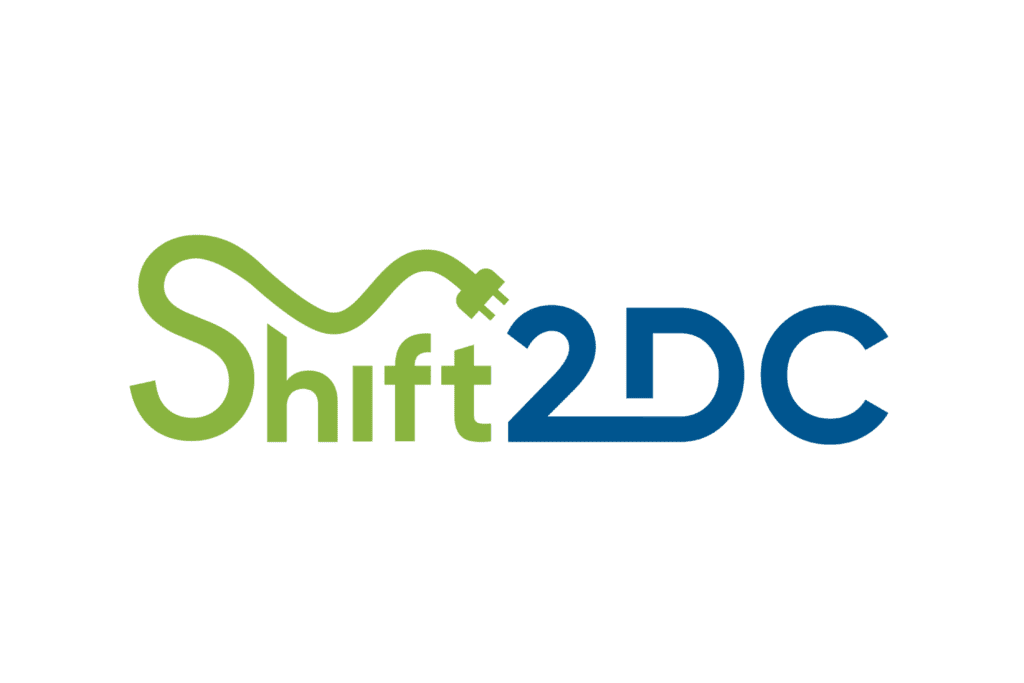SHIFT2DC Kick-Off Meeting
The ambitious SHIFTS2DC (SHIFT to Direct Current) research project, led by INESC-ID and featuring the Interactive Technologies Institute as one of the partners from Portugal, kicked off its journey towards transforming the future of electricity at the Instituto Técnico de Lisboa on December 12 and 13, 2023.
The event, attended by every partner in the project and esteemed guest Antonis Marinopoulos, Project Adviser at CINEA – European Climate, Infrastructure, and Environment Executive Agency, marked the beginning of a 42-month exploration into the potential of direct current (DC) solutions in power systems.
Revolutionising the Power Landscape with SHIFT2DC
Funded with close to €9 million by the Horizon Europe Innovation Action Programme, SHIFT2DC brings together 28 partners to explore and promote DC solutions at both medium and low voltage levels. This collaboration seeks to unlock the full potential of DC power, offering advantages such as greater energy efficiency, reduced transmission losses, and better integration with renewable energy sources.
SHIFT2DC goes beyond developing new technologies by conducting in-depth analyses and real-world tests to ensure that proposed DC solutions are feasible, cost-effective, and environmentally sustainable. The project aims to create smart and scalable DC solutions that meet diverse energy needs by examining factors like life cycle impact and energy efficiency. This project will develop four pilots for the key application areas – two in Germany, one in Portugal, and one in France.
The consortium includes partners from various sectors, such as Électricité de France, Fraunhofer Gesellschaft, and Schneider Electric. Associated partners, including a certification laboratory and a system operator, further enrich the project’s scope.
Interactive Technologies Institute’s Role in SHIFT2DC
The Interactive Technologies Institute, represented by researcher Lucas Pereira, is a key partner in SHIFT2DC. The institute will coordinate the Portuguese demonstrator, focused on studying DC’s role in the electrification of Ports around the world. To this end, the Portuguese demonstrator aims to create a Digital Twin of the port of Funchal and its daily operations. This Digital Twin will serve as the base for demonstrating four use cases: 1) DC Port Energy Storage Systems, 2) DC Port – Grid Coordination, 3) DC Port as a Microgrid, and 4) Ports as DC Energy Hubs.
The Interactive Technologies Institute is also responsible for Task 1.6 (users’ adoption and perception of the technology), in which the main objective is to understand the perspective of end-users both in B2C and B2B applications. Based on demonstration results and engagement activities, the preliminary models built on user research will be adjusted during the project.
